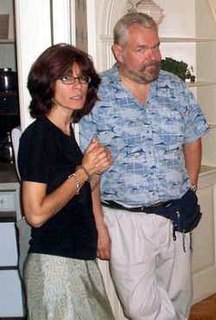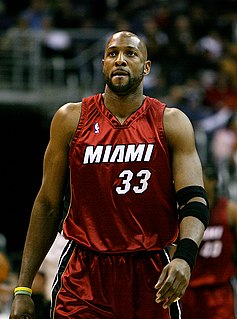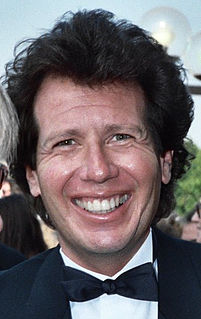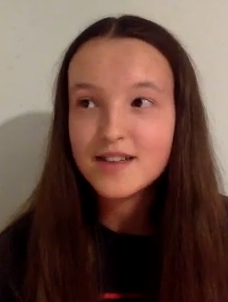A Quote by Kathe Koja
I don't think kids have a problem reading books meant for adults; the problem is on the other side of the fence, a misconception of what one kind of literature is 'supposed' to be, perceived to be, as opposed to another: if it's for kids, it can't be any good; it's got to have been dumbed down and/or sweetened up.
Related Quotes
It's great that there are so many different kinds of books for kids and adults to choose from. I think an eclectic reader is the best kind of reader to be, which would be why I was always so satisfied to hear that kids read the Baby-Sitters Club books and then went on and discovered other authors and other genres.
Obviously cheap sentimentality isn't something any good novelist wants to traffic in, but I think it's a problem if you consider it to be the most egregious of all creative sins. I think it's a problem if you consider it the thing to be avoided at all cost. I think it's a problem of you're not willing to risk the consequences of that kind of emotionalism under any circumstances. Then you wind up in the cul-de-sac of irony.
The StarTalks - while kids can watch them, they're actually targeted at adults. Because adults outnumber kids five to one, and adults vote, and adults wield resources, and adults are heads of agencies. So if we're going to affect policy, or affect attitudes, for me, the adults have always been the target population.
We had enough years in front of us to be serious and grown-up and respectable. Why rush it? But on the other hand we always complained when teachers and other adults treated us as kids. In fact there was nothing that annoyed me more. So it was a frustrating situation. What we needed was a two-sided badge that said 'Mature' on one side and 'Childish' on the other. Then at any moment we could turn it to whatever side we felt like being and the adults could treat us accordingly.




































